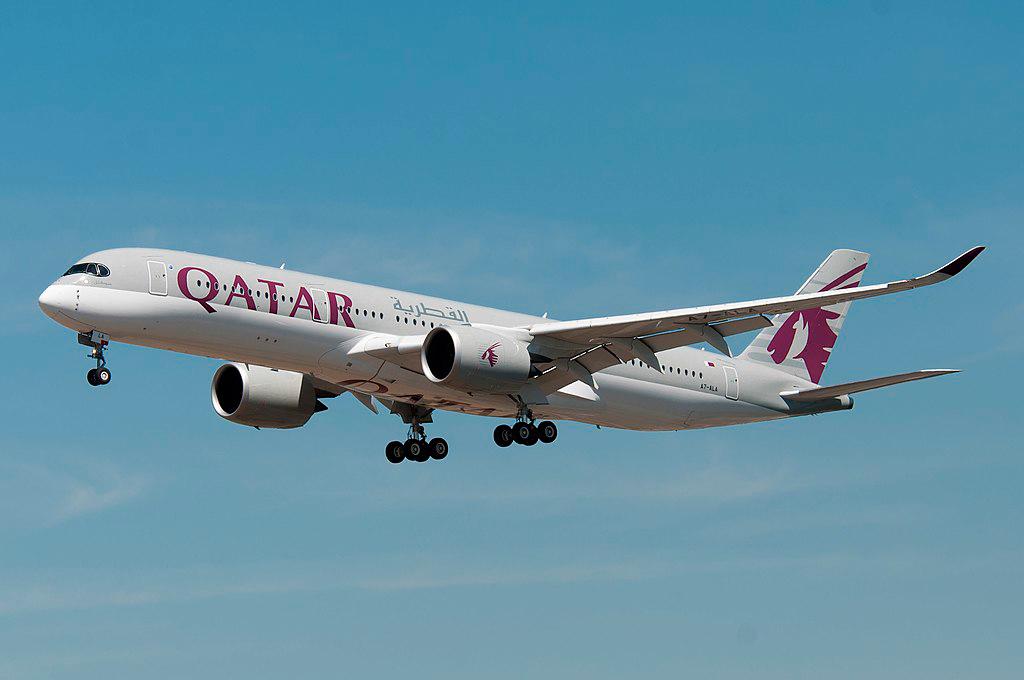
Airbus has launched the first study in the world to assess the emissions and operation of an airliner that runs solely on so-called sustainable aviation fuel (SAF), obtained from the recycling of frying oil.
Airbus has partnered for this experiment with the German research center DLR, with the manufacturer of the Rolls Royce reactors and with the producer of SAF Neste, explained the European aeronautical group this Thursday in a statement.
At its facilities in Toulouse, in the south of France, a series of tests have already been carried out with the chosen aircraft, a wide-body Airbus A350-900 equipped with Rolls Royce Trent XWB engines.
These tests have included a first flight to verify that using 100% SAF, instead of kerosene, is compatible with all aircraft systems.
Another test phase on in-flight emissions will be carried out in April, which will be resumed in the autumn with the help of a DLR Falcon 20-I aircraft to carry out measurements on the impact on pollutant emissions. of this fuel.
Meanwhile, ground tests will be carried out on the particles generated to determine the environmental impact of the use of SAF in airport operations.
The aim is to compare the emissions generated by this fuel manufactured using Hefa technology from recycled cooking oil, kerosene (derived from petroleum) and other fuels with a low nitrogen content.
So far, aircraft can only use up to a maximum of 50% sustainable fuel alongside the kerosene.
The head of the Airbus program for new energies, Steven Li Moing, has noted that these experiments will first assess how turbine engines work with 100% SAF for technical certification.
They will also determine potential emission reductions and the benefits of using this fuel in commercial aviation.
According to Neste, an independent study has shown that its sustainable fuel can reduce greenhouse gas emissions by up to 80% compared to kerosene. EFE